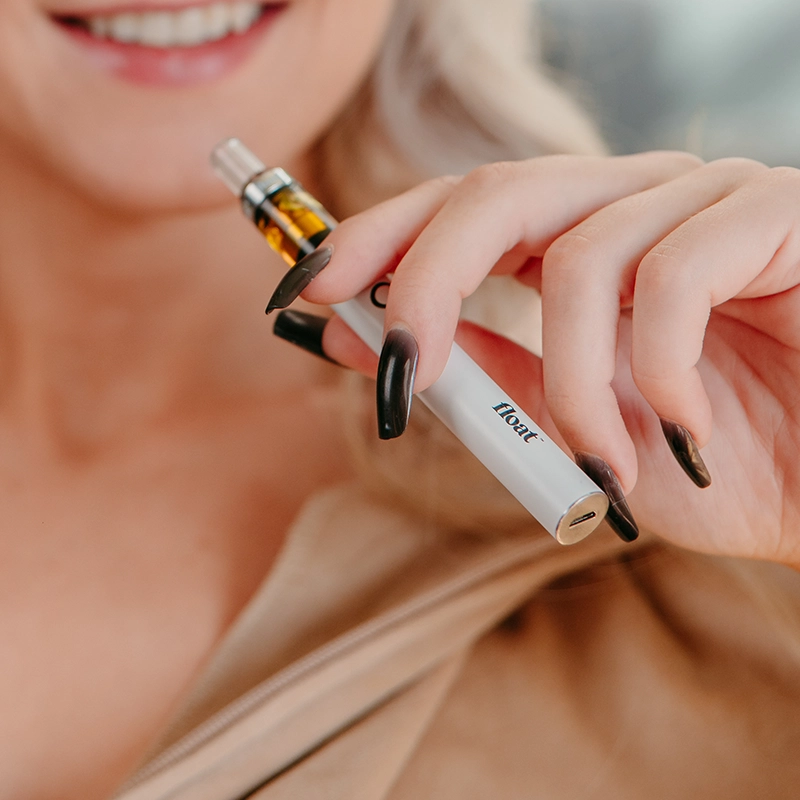BECOMING A PATIENT
First things first. If you’re new to medical cannabis in Florida, here are the steps to becoming a patient and getting registered with the OMMU.
BASICS OF THE OMMU
Every registered patient in Florida has an OMMU profile. Here you can access, view, and edit your personal details, change physicians, see past purchases, and keep track of your available dispensation by Route Of Administration (ROA).
Your medical marijuana card is valid with the state for one year. When it comes time to renew, your profile section is where you will complete that process. It’s important to remember that your physician’s recommendation is valid for 7 months, even though your card with the state is valid for 1 year. They expire at different times, but both need to be active in order to purchase medical cannabis.
ROLLING LIMITS
Different ROAs have different rolling limits associated with them. The state sets overarching maximum limits for various products, however, this doesn’t mean everyone can purchase the maximum amount. Your physician provides a recommendation on how much medical cannabis you should have (and therefore can buy). Everyone’s treatment needs are different, so it’s ultimately up to the recommending physician to determine your personal limits. The OMMU sets the following rolling limits as a baseline for all patients:
Smoking Marijuana
- Smoking (flower): 35 days, 2.5 ounces
Medical Marijuana
- Oral (Theragels): 70 days, 14,000 mg
- Edibles (gummies/chocolates): 70 days, 4,200 mg
- Topicals (balms/lotions/patches): 70 days, 10,500 mg
- Sublingual (tinctures): 70 days, 13,300 mg
- Inhalation (vapes, concentrates): 70 days, 24,500 mg
- Suppository: 70 days, 13,650 mg
According to the OMMU, an aggregate 70-day supply limit of marijuana, other than marijuana in a form for smoking, shall not exceed 24,500 mg of THC.
EXEMPTION FORM
In some cases, a patient’s condition may progress to the point that they need more medical cannabis than their physician initially recommended. If you feel like the amount recommended for you doesn’t adequately medicate your associated condition, you can file an exemption to increase your limits. The form can be found here, and will need to be approved by your physician in order to increase your limits with the state. We recommend talking to your physician about the exemption form if you are looking to increase your limits.
PREVIOUS PURCHASES
It’s easy to look up your past purchases and understand how much is available for dispensation within each ROA.
- Login to your OMMU profile.
- Select “Your Profile” from the top menu.
- Scroll to under your profile where you’ll see each order type from your physician (ie: Smoking Marijuana, Medical Cannabis, Low THC Cannabis).
- Click expand to view purchases within each route. Click on the ones that show “open” under order status to view current.
- Within this view of each order type, you will see your total current dispensable amount as well as each of your past purchases within that time frame.
DISPENSATION BY ROA
Which Surterra products fall under which ROA? Glad you asked:
- Smoking: Ground Flower, Whole Flower, Pre-Rolls, Pre-Pack Chillums
- Inhalation: THC-A Powder Kief, Live Rosin, Shatter, Soft Wax, Bubble Hash, Crumble, Distillate, Full Spectrum (CDT) Vape Cartridges, Botanical and Strain Specific Vape Cartridges, Disposable Vape Cartridges, Dart and Pax Pod
- Oral: Distillate, Live Rosin, Theragels, Tinctures, Pure Reserve Oil, Full Spectrum Oil, Relief Drops
- Sublingual: Distillate, Tinctures, Full Spectrum Oil, Relief Drops
- Topicals: Balm, Patches, Full Spectrum Oil, Lotion
CAREGIVERS
As a medical marijuana caregiver, a person can legally purchase and possess medical marijuana for use by a qualified medical marijuana patient. People who care for someone in a medical capacity may be the patient's parents, legal guardians, health care surrogates, or individuals with medical power of attorney.
A caregiver card, with the designation "caregiver," is issued to the caregiver after they have been certified and added to the Florida Registry of medical cannabis users by a Florida physician certified to recommend cannabis. The medical marijuana card in Florida shows the patient's ID and the name of the certified caregiver. The card designates the individual as a caregiver, as opposed to a patient card.
When a caregiver visits their medical marijuana dispensary in Florida, they must present both their caregiver card and a government-issued photo ID. They can now legally pick up therapeutic cannabis products in Florida for their patient, thanks to this state developed program. For the sake of the patient's safety and well-being, they also go to follow-up appointments with the marijuana doctor who issued the prescription for their medication.
Florida's Office of Medical Marijuana Use requires caregivers to register with the state's Department of Health in order to care for a qualified medical marijuana patient in the Sunshine State (OMMU). Caregivers may use their Florida Medical Marijuana card to show they are able to receive, possess, and administer medical marijuana on behalf of their patient.
.svg)





.jpg)




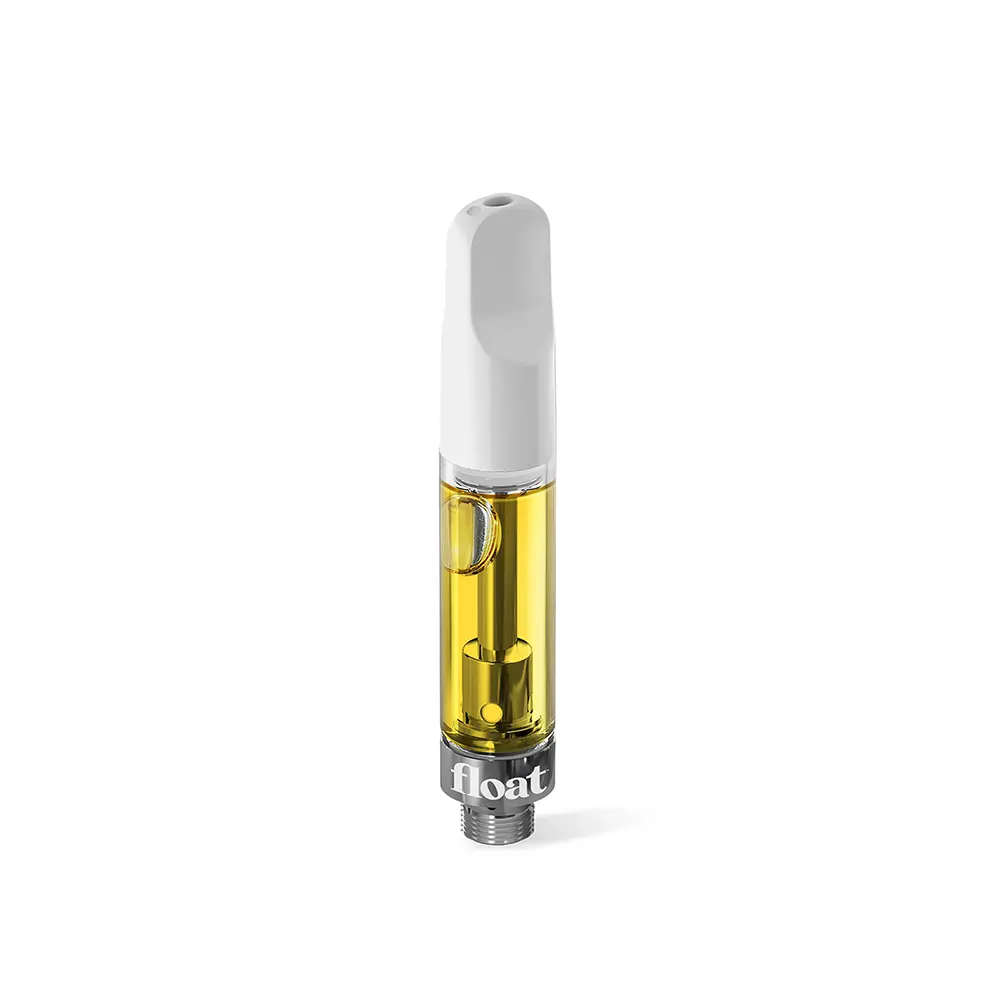
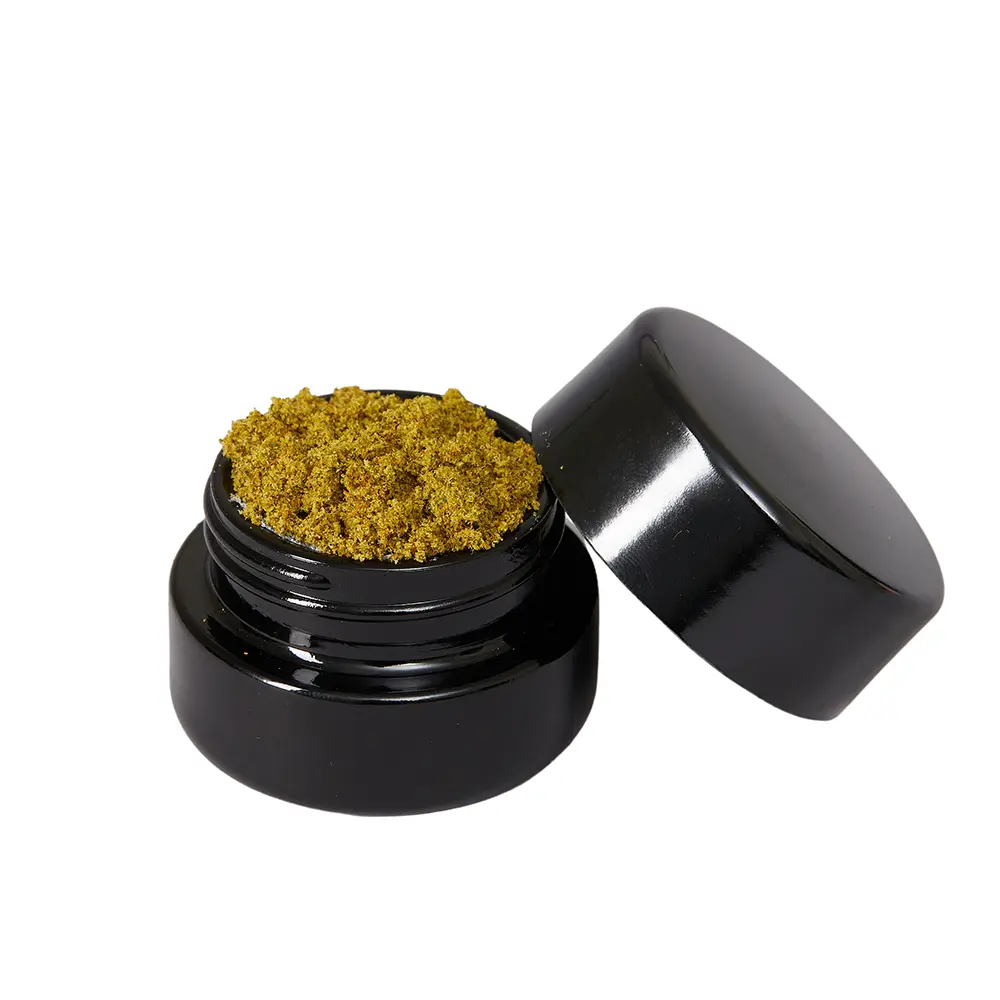
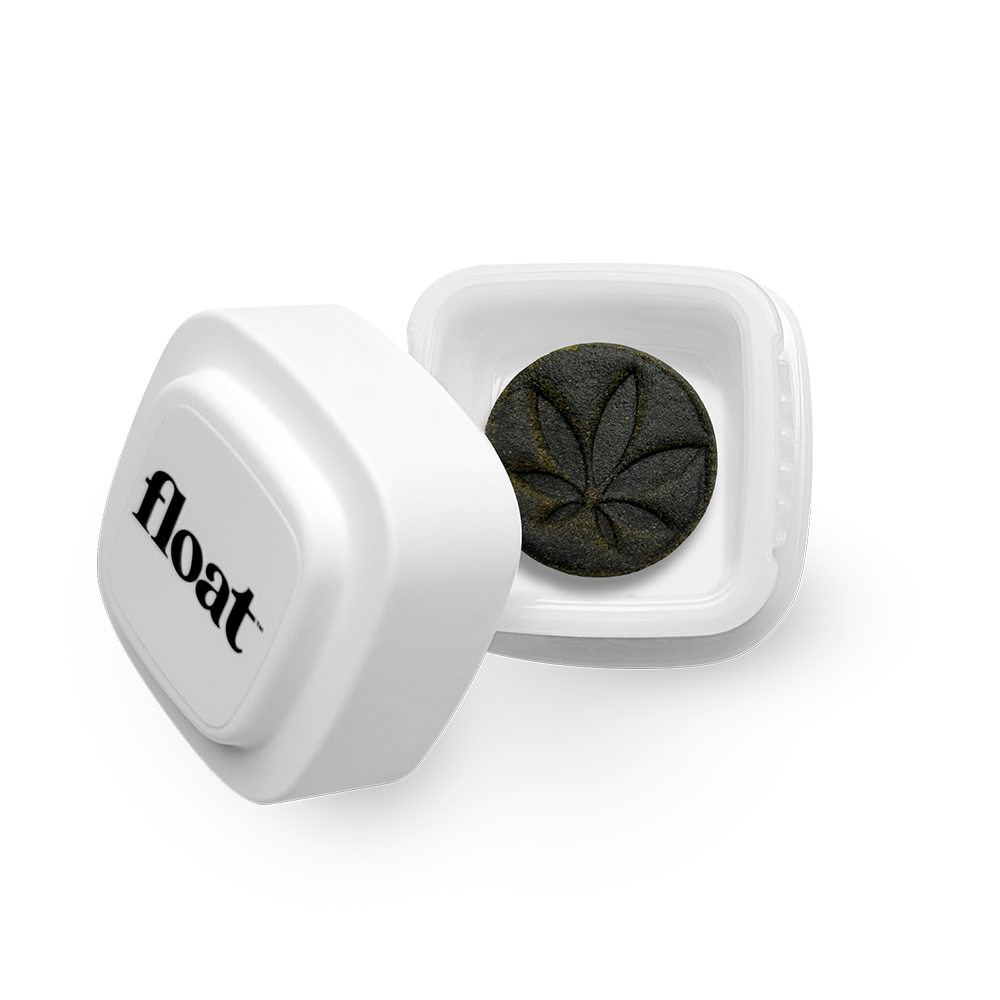

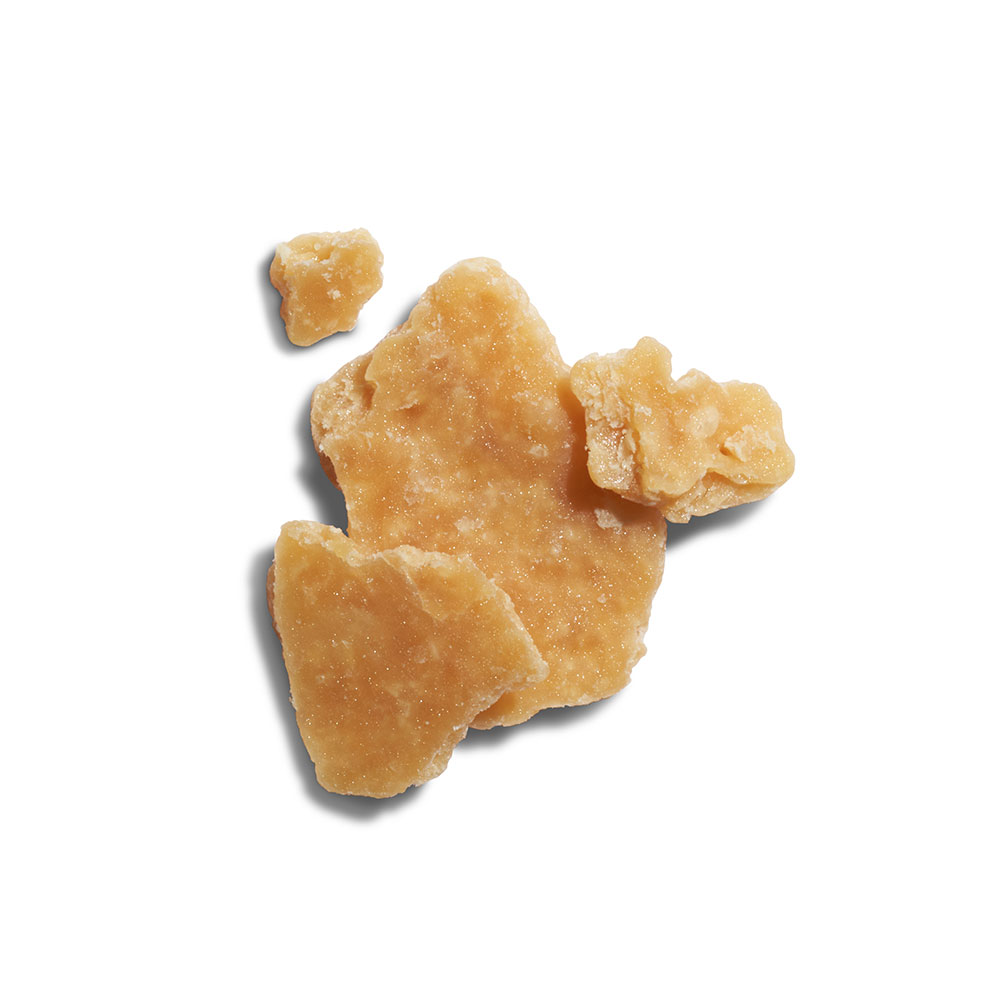

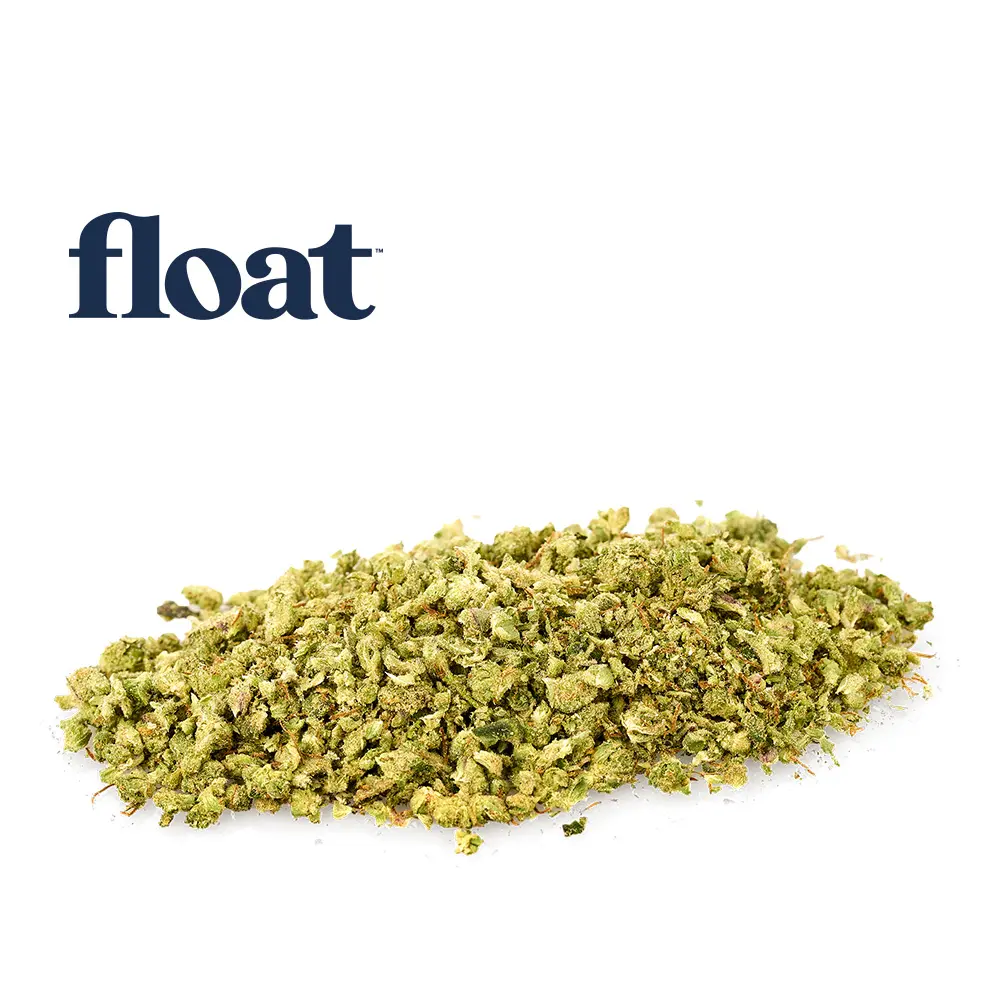
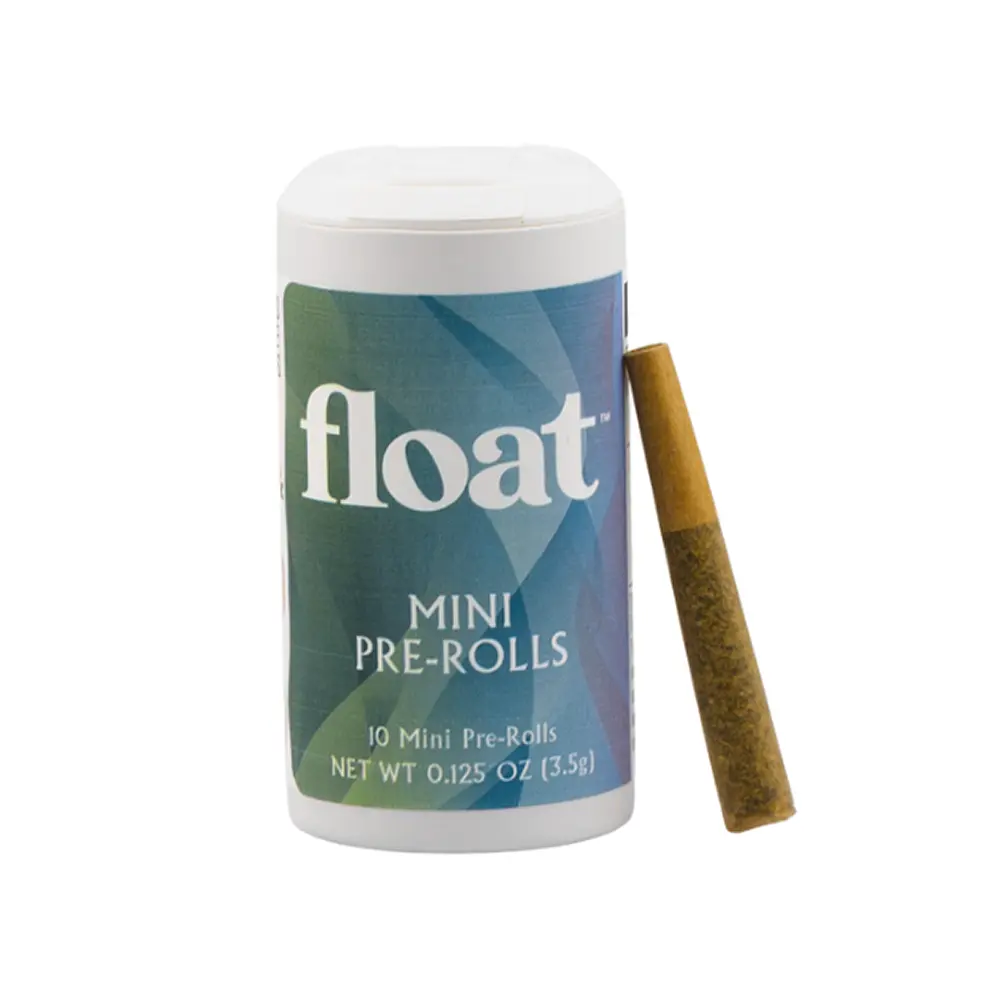
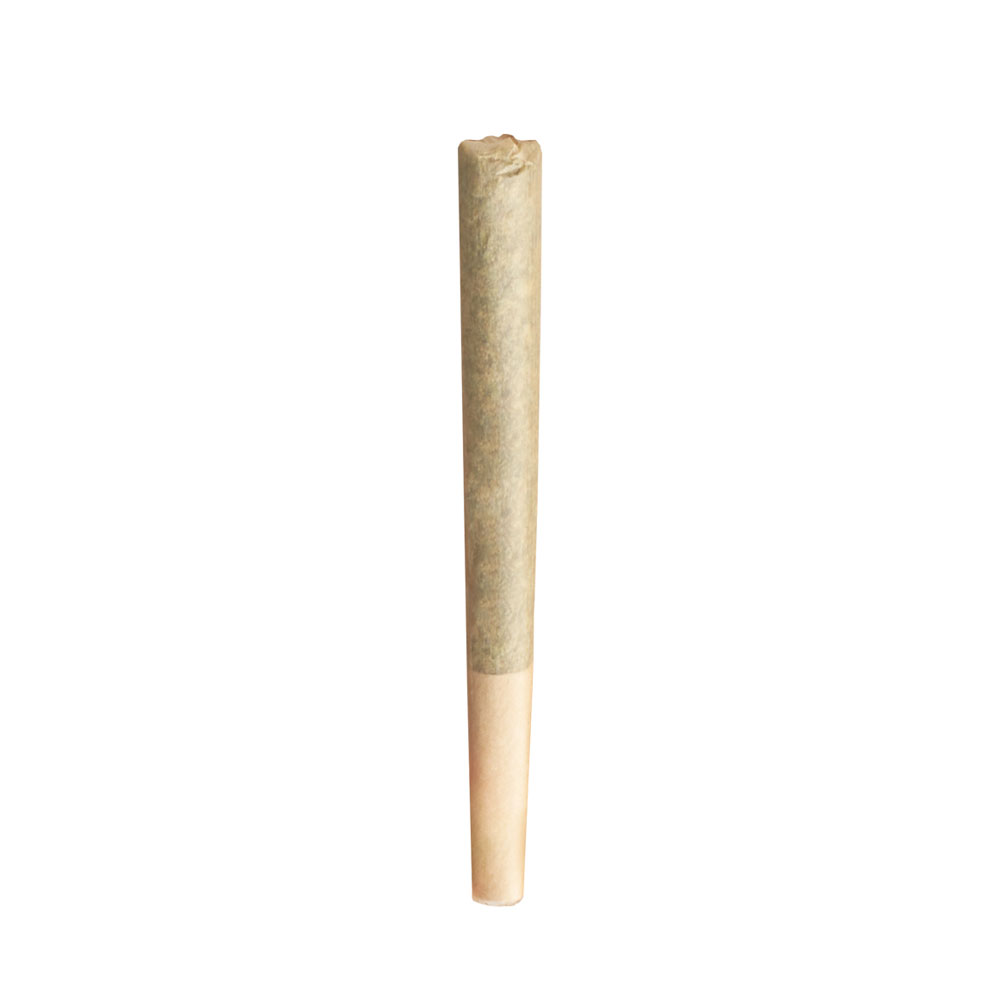

.webp)
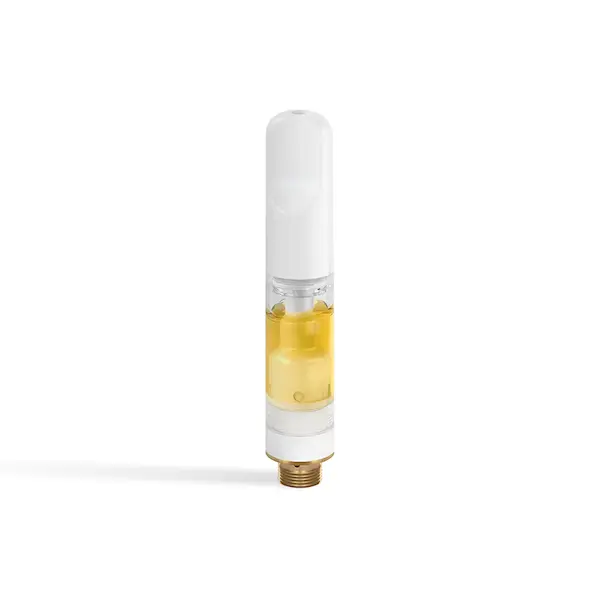
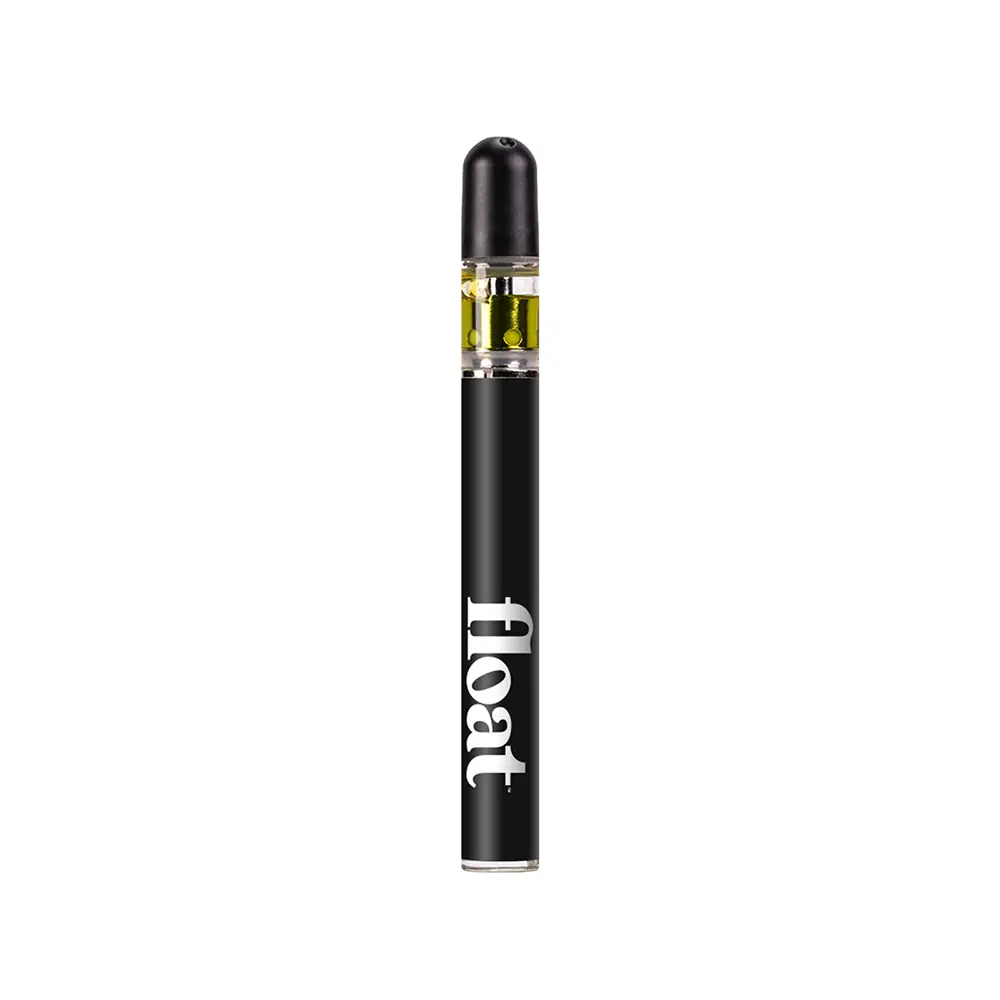
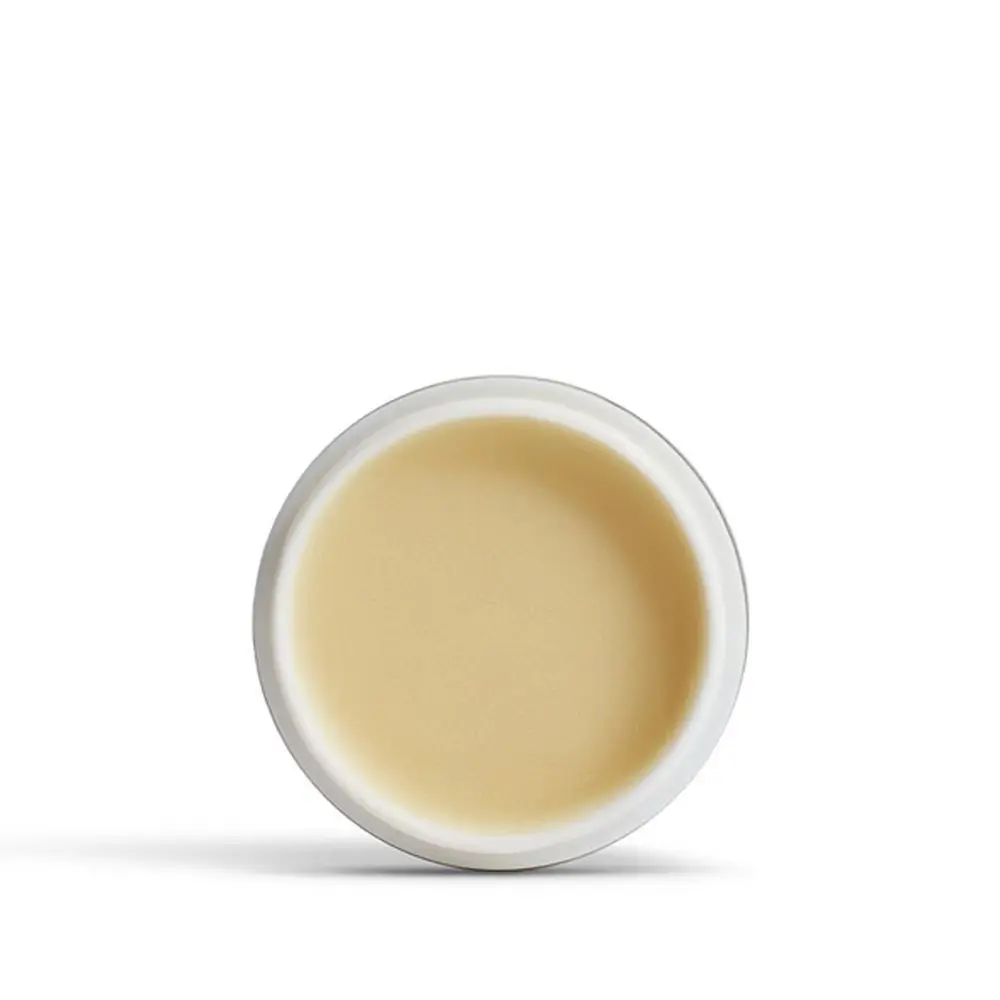
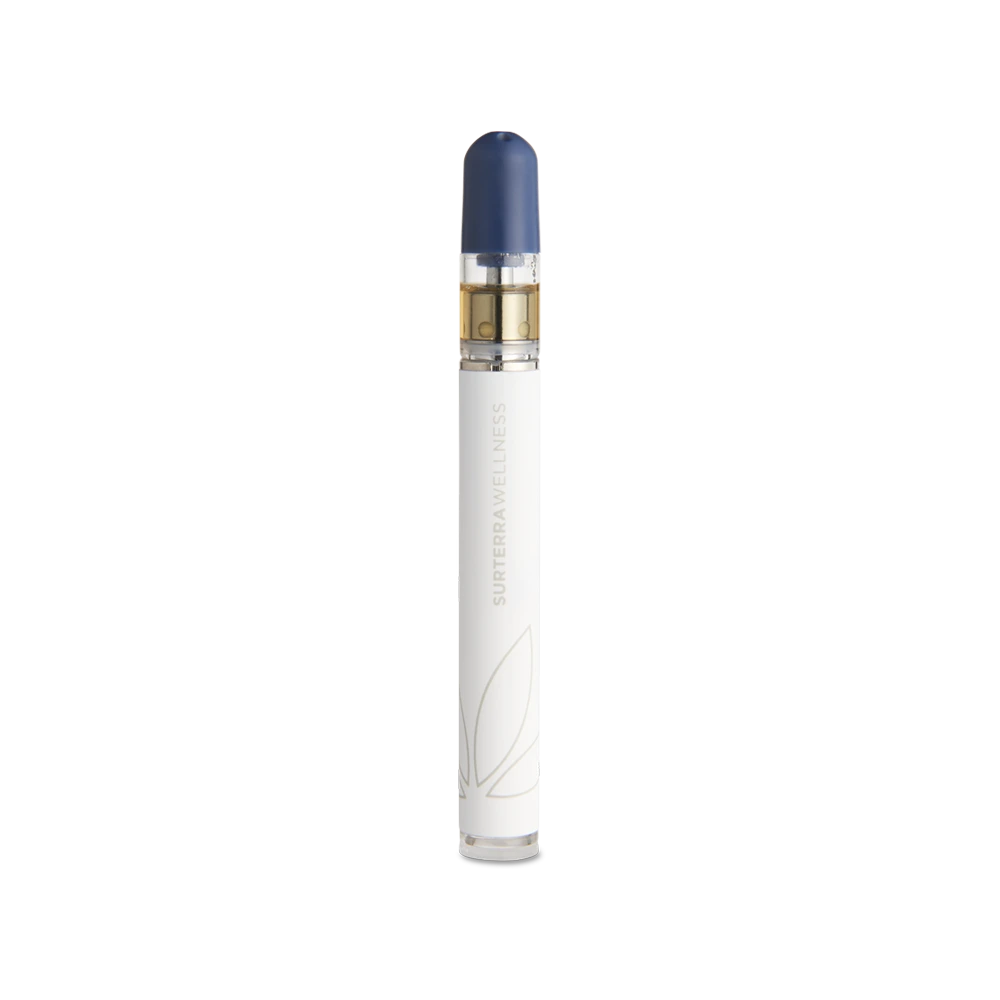
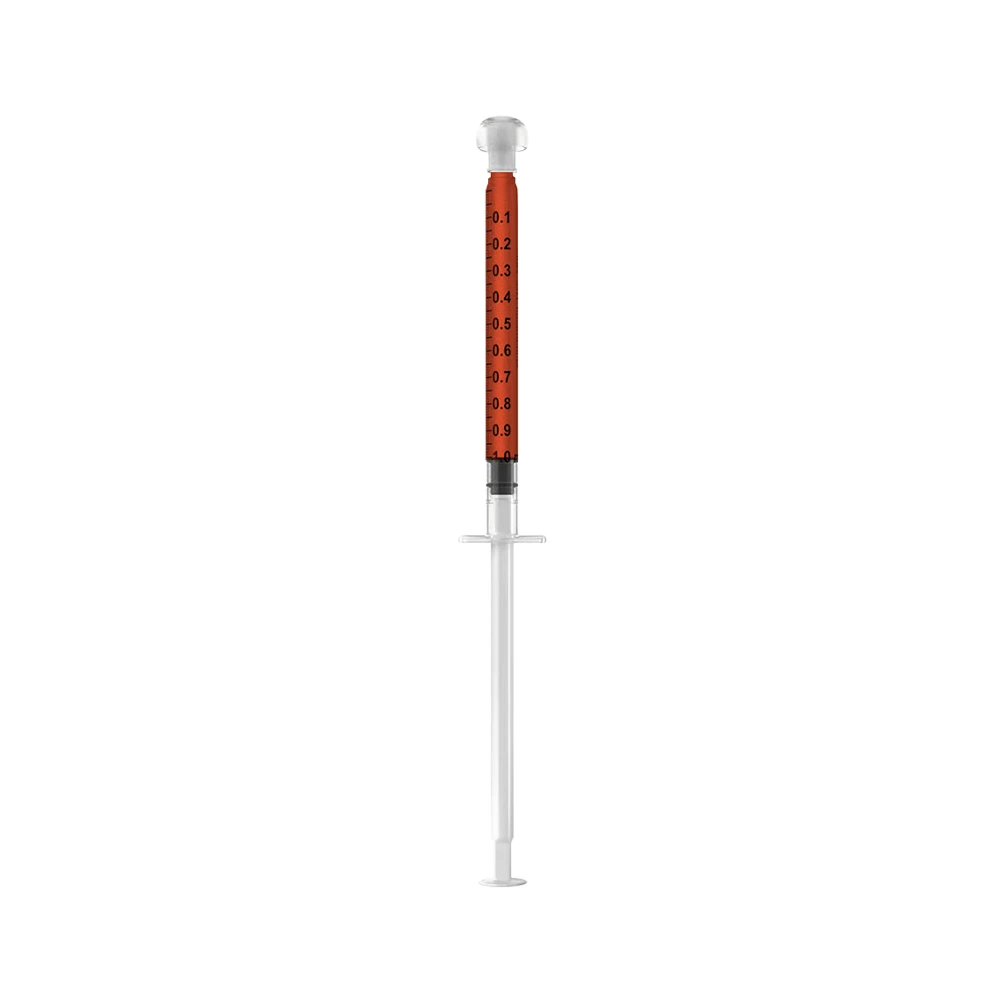

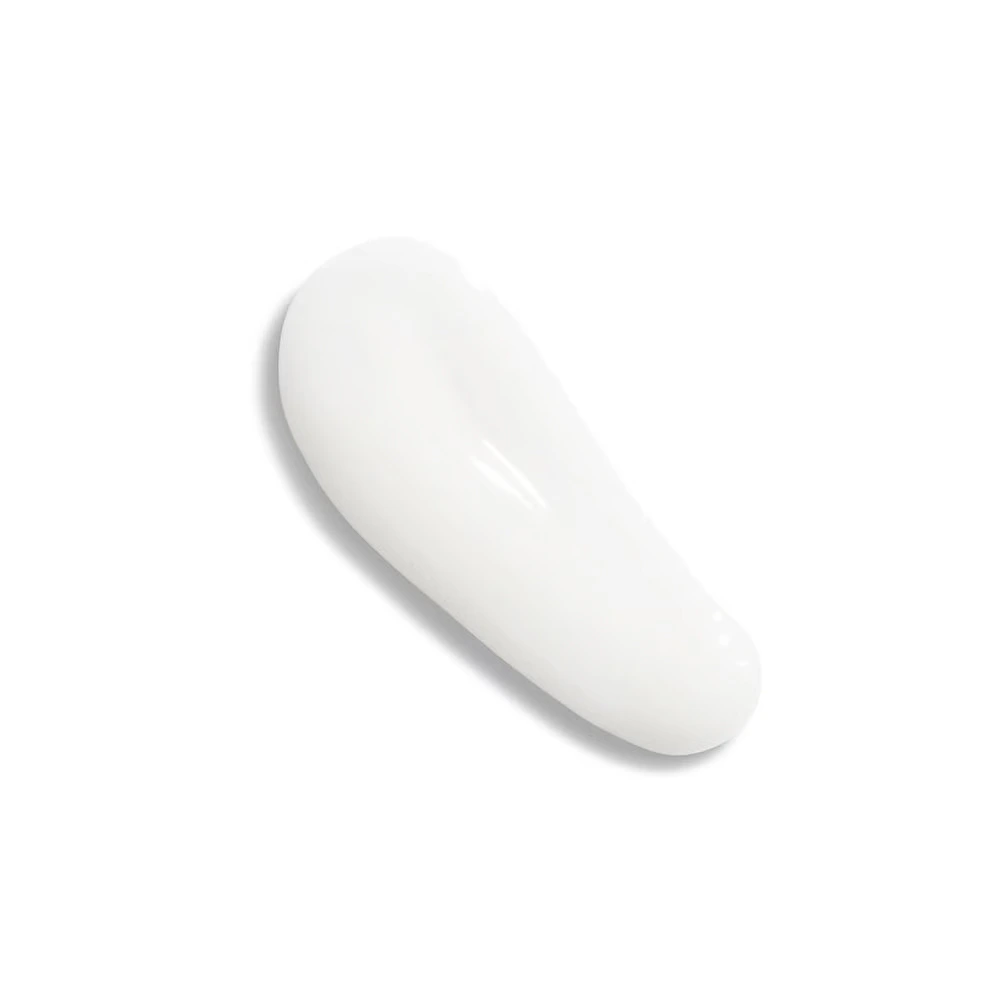
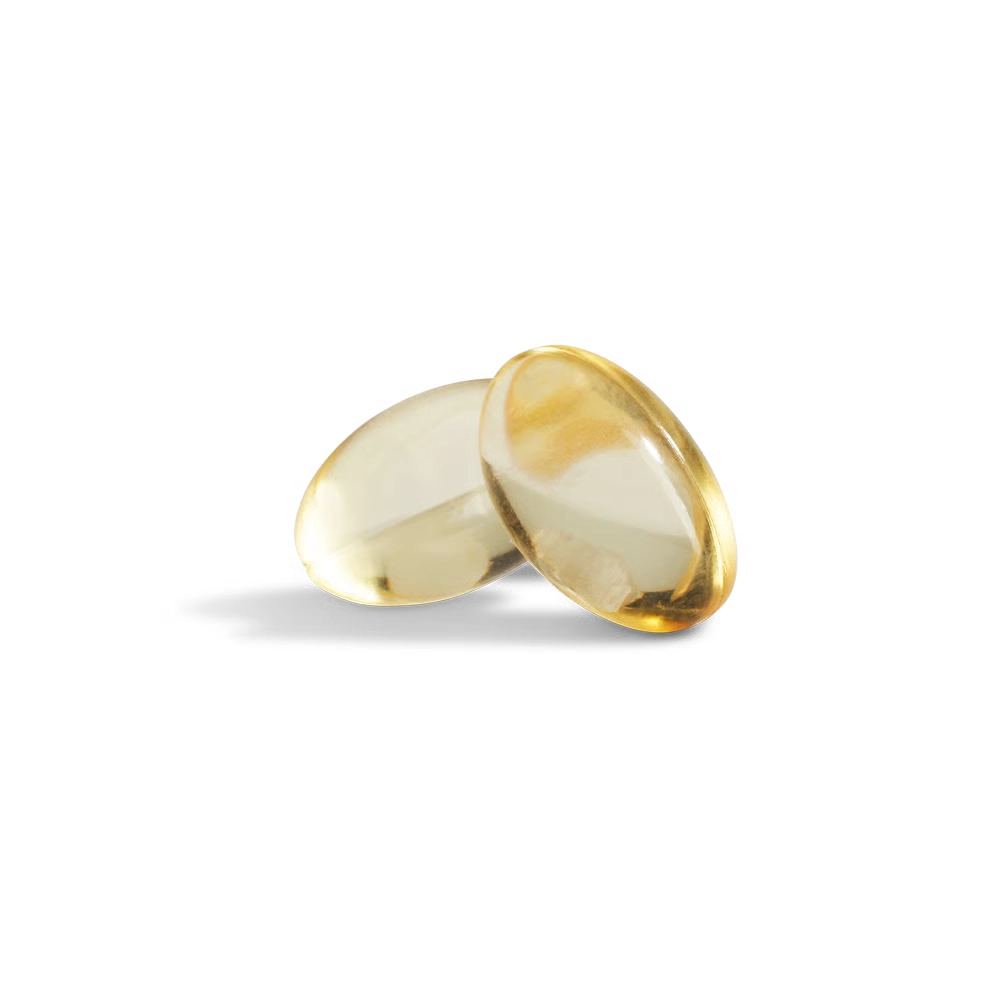
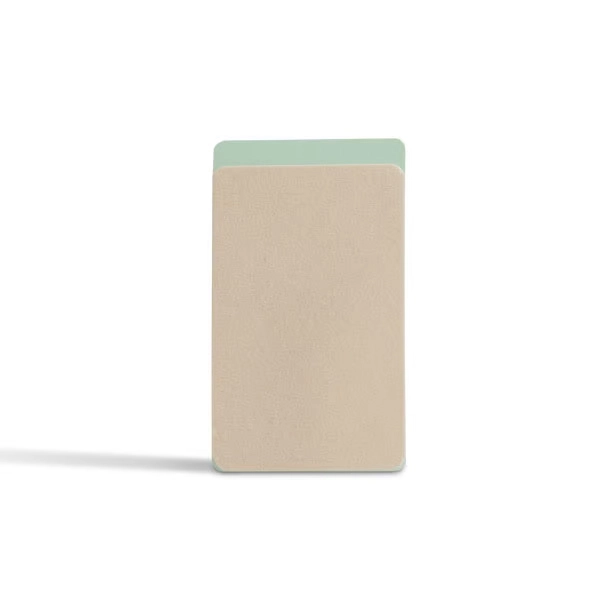

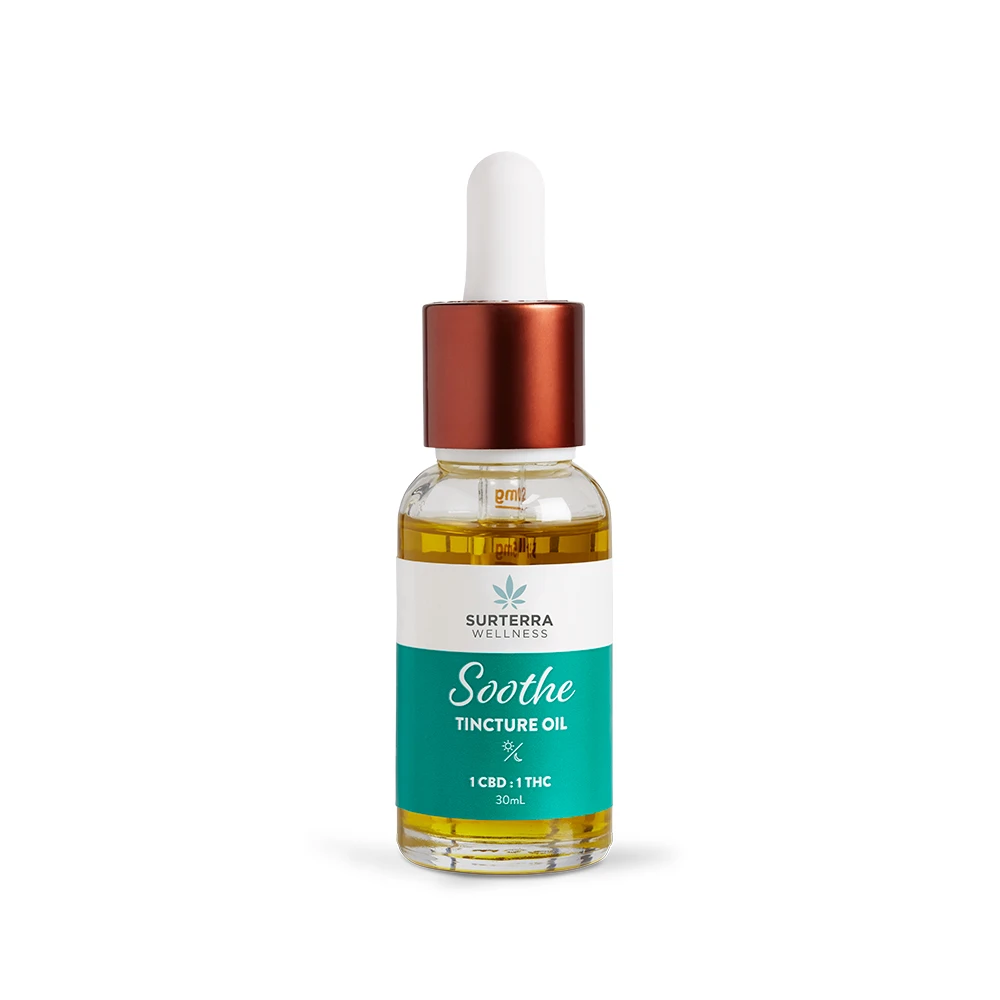
.webp)




.webp)
.webp)
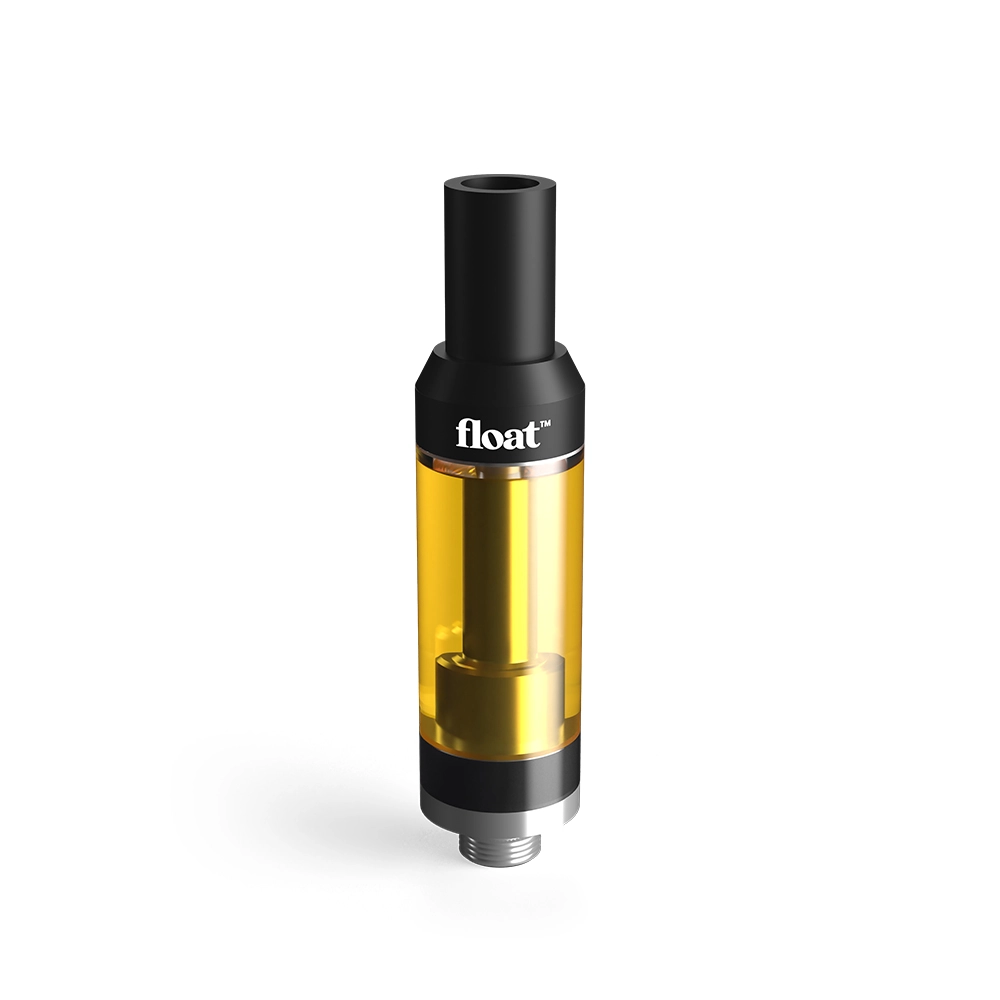
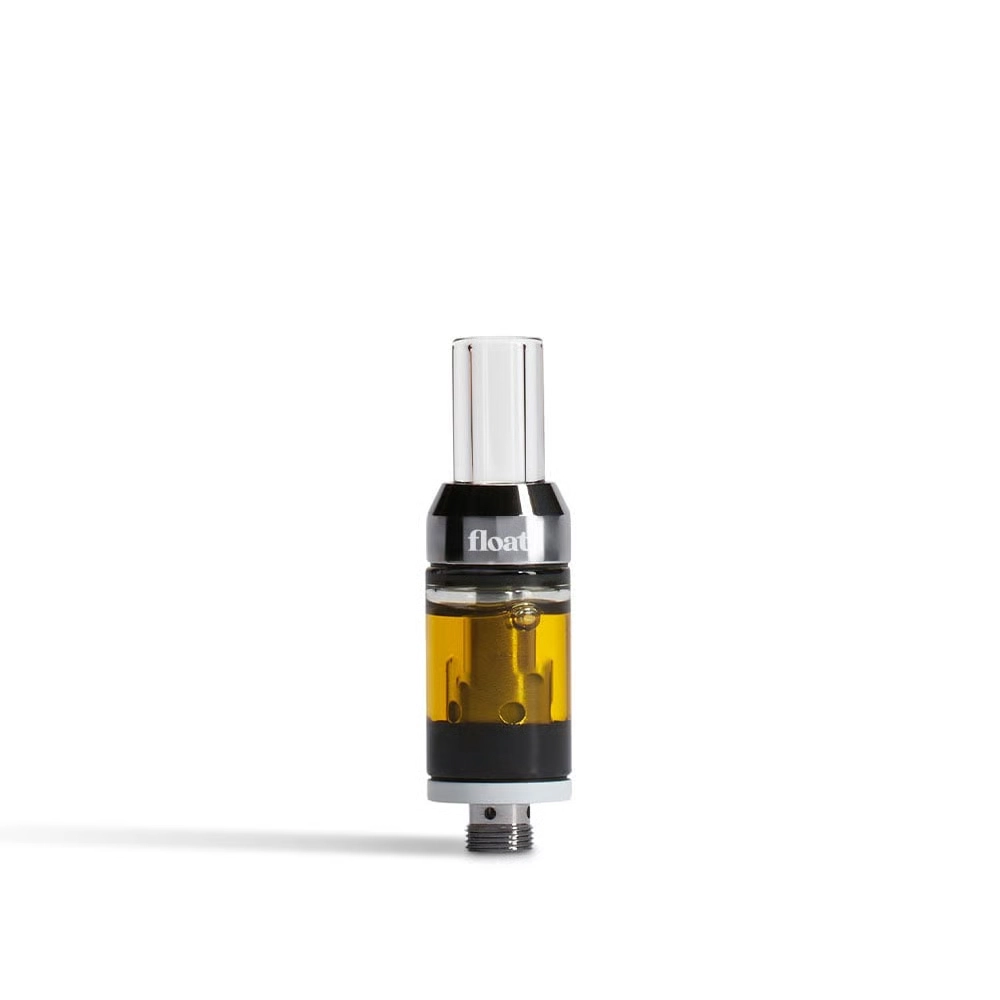

.jpeg)
.webp)

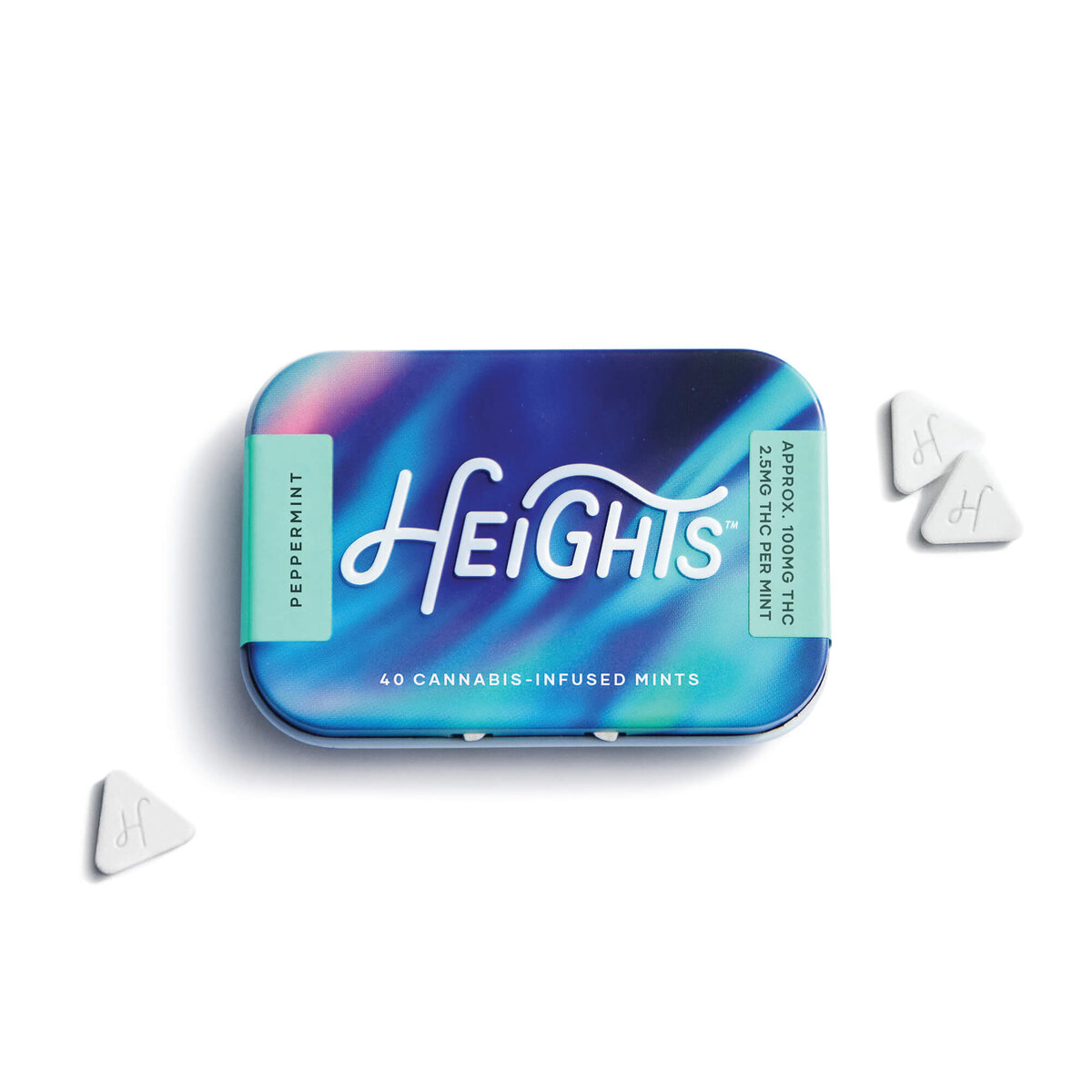









.webp)


